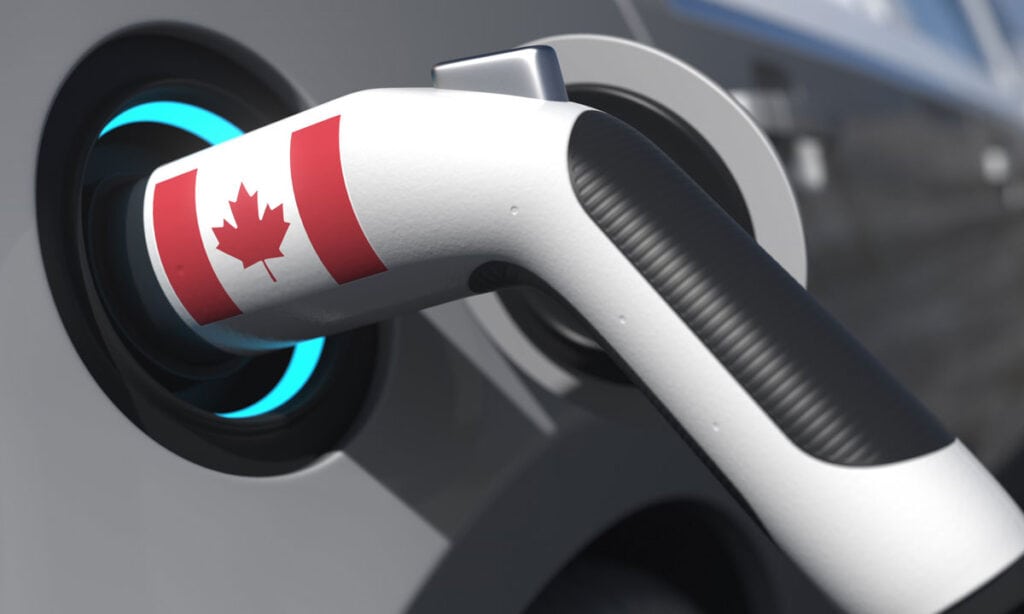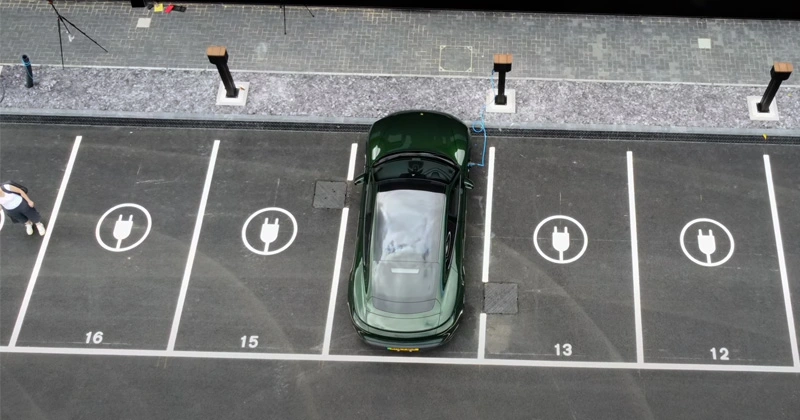As Canada races toward its ambitious goal of net-zero emissions by 2050, one thing is clear—electric vehicles (EVs) will play a central role in shaping a greener future. With more Canadians embracing EVs than ever before, and a government committed to sustainable change, a robust support system of Canada EV incentives, forward-thinking legislation, and expanding infrastructure is rapidly transforming the country’s transportation landscape.
But what exactly is Canada doing to accelerate this EV revolution—and how can individuals, businesses, and communities benefit? In this article, we explore the legislation, rebate programs, utility incentives, and regulatory frameworks fueling the country’s electric momentum.
EV Adoption is Accelerating in Canada
Electric vehicle adoption in Canada has seen record-breaking growth in recent years. In 2023, zero-emission vehicles (ZEVs) accounted for over 10% of all new vehicle registrations—a 49% increase from the year prior, with nearly 185,000 new ZEVs hitting the road.
To meet this surge in demand, Canada has significantly ramped up its EV charging infrastructure. As of March 2025, the country hosts nearly 13,000 public charging stations, marking a 24.2% increase year-over-year.

The federal government has set a clear target: by 2035, 100% of new light-duty vehicle sales must be zero-emission.
Supporting this ambitious goal requires more than just demand. It demands action—through legislation, incentives, and smart infrastructure development.
Key Legislation Driving EV Growth in Canada
The Canadian Net-Zero Emissions Accountability Act (2021)
A cornerstone of Canada’s climate policy, the Net-Zero Emissions Accountability Act enshrines into law the country’s commitment to reaching net-zero greenhouse gas emissions by 2050. This act mandates:
- Annual assessments of emissions progress
- Legally binding reduction targets every five years
- Full transparency and accountability from the federal government
A critical pillar of this strategy is decarbonizing transportation, Canada’s second-largest source of emissions. The legislation builds on Canada’s international commitments, such as the Paris Agreement, signaling a firm, long-term commitment to climate leadership.
Canada EV Incentives: Federal Rebates for Zero-Emission Vehicles
The Zero-Emission Vehicle (ZEV) Incentive Program
First introduced in 2019, the ZEV Incentive Program offers up to $5,000 in rebates for new ZEV purchases or leases. Eligible vehicles include:
- Battery electric vehicles (BEVs)
- Plug-in hybrid electric vehicles (PHEVs)
- Hydrogen fuel cell vehicles
These rebates aim to make EVs more affordable and reduce financial barriers for consumers. They also serve to stimulate demand for EV charging infrastructure, reinforcing the ecosystem needed to support widespread EV adoption.
While current federal incentives are fully committed, the program may reopen in future phases—interested buyers should stay updated via official program channels.
Regulatory Framework for EV Charging
National Safety Standards
In Canada, EV charging equipment must meet strict safety regulations set by the Canadian Standards Association (CSA) and Underwriters Laboratories of Canada (ULC). The CSA C22.2 No. 280 standard governs everything from design to installation and ongoing operation, ensuring chargers are safe, reliable, and up to code.
Building Code Integration
Several provinces, including British Columbia and Quebec, are updating building codes to mandate EV-ready infrastructure in new residential and commercial developments. These requirements—like pre-installed conduit and panel capacity—make it easier and more affordable to install EV chargers in the future.
Time-of-Use (TOU) Electricity Rates
Utility-Backed Canada EV Incentives
BC Hydro: Supporting EVs with Rebates and Smart Rates
BC Hydro, British Columbia’s largest utility, leads the charge in clean transportation. It offers:
- Commercial rebates for EV charging stations at workplaces, public sites, and multi-family buildings
- Lower off-peak electricity rates to encourage cost-efficient charging
- Financial incentives to reduce upfront installation costs
These efforts align with BC’s clean energy goals and expand access to charging infrastructure across the province.
Alberta Municipalities: EVCP Program for Local Organizations
In Alberta, the Electric Vehicle Charging Program (EVCP)—administered by Alberta Municipalities and funded by Natural Resources Canada’s ZEV Infrastructure Program—supports a broad range of applicants, including:
- Municipalities
- Businesses
- Condominium corporations
- Co-operatives
- Non-profits
Key benefits include:
- Rebates covering up to 46% of project costs
- Up to $100,000 in funding per location
- Eligibility for both Level 2 and Level 3 charging stations
This initiative is designed to make EV charging more https://alcasys.com/ affordable and accessible throughout the province, lowering the barriers to clean transportation adoption.
Yukon’s EV Charging Program: Electrifying the North
The Government of Yukon has launched its own Electric Vehicle Charging Program as part of the Good Energy program, designed to help residents and organizations transition to EVs. Rebates include:
- Up to 90% of costs for installing Level 2 chargers in commercial or multi-residential buildings
- Financial support for chargers in municipal or First Nation government buildings
- Residential rebates for home EV charger installations
By providing strong financial incentives, Yukon is ensuring even remote and rural communities can participate in Canada’s growing EV network.
Conclusion
Canada is moving full speed ahead toward a cleaner, more electrified future. Backed by strong legislation, targeted Canada EV incentives, and a growing number of regional utility programs, the country is rapidly building the infrastructure needed to support mass EV adoption.
From federal rebates and building code updates to safety standards and local utility programs, Canadians have more support than ever to make the switch to electric transportation. Whether you’re a homeowner, business owner, property manager, or government agency, there are meaningful opportunities to get involved—and get rewarded.
Wevo Energy is proud to support this transition. Our EV charging management software is already deployed at hundreds of sites across Canada, managing thousands of chargers with intelligent load balancing, remote monitoring, and user-friendly driver experiences.
With team members based in Ontario British Columbia, we’re here to support your EV charging business with the tools you need to grow.
Ready to take charge of your EV future?
Reach out to Wevo Energy’s sales team to learn how we can help power your next EV charging project.


